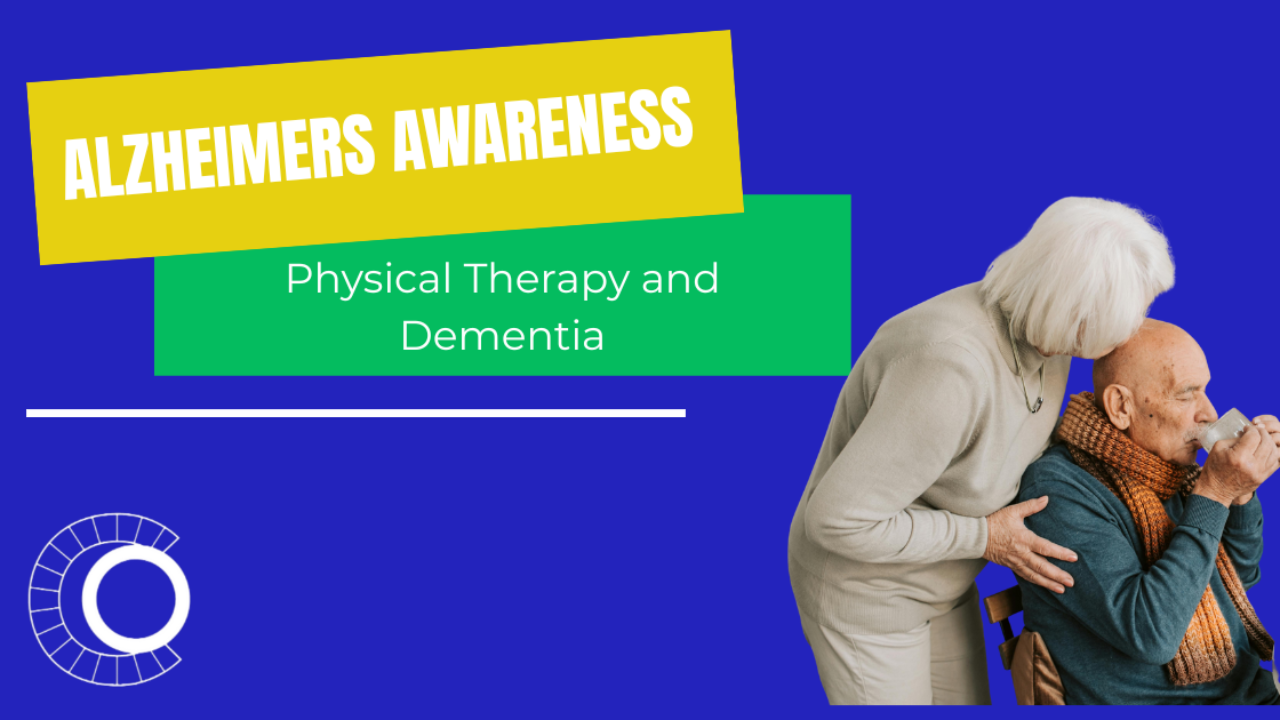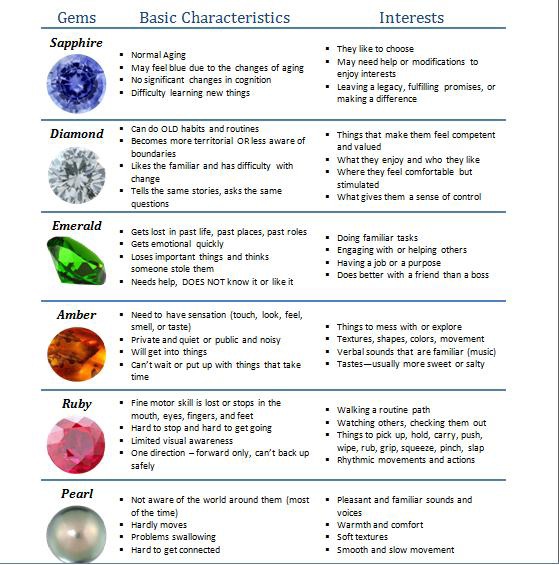September is Alzheimer’s Awareness Month: How Physical Therapy Supports Patients and Families
Sep 25, 2025
Every September, we pause to recognize Alzheimer’s Awareness Month—a reminder of how dementia affects millions of individuals and families. Alzheimer’s disease and other dementias gradually change how people think, move, and interact with their environment. These changes affect not only mental clarity but also physical abilities, daily independence, and quality of life.
But here’s the hopeful part: with the right care and guidance, many of these challenges can be addressed. Physical therapists (PTs) are uniquely trained to help people living with dementia stay as independent, safe, and active as possible—while also educating families and caregivers on how to provide supportive care.
🟣 How Dementia Affects Function
Alzheimer’s and dementia don’t just affect memory—they impact the entire body and daily function:
🧠 Movement and balance – People with dementia often experience decreased coordination, leading to higher risk of falls.
🧠 Strength and mobility – Muscle weakness and stiffness can make walking, standing, or even getting out of bed more difficult.
🧠 Daily tasks (ADLs/IADLs) – Dressing, bathing, cooking, or driving can become overwhelming as memory, planning, and problem-solving decline.
🧠 Emotional wellbeing – Changes in cognition often bring frustration, anxiety, or withdrawal, which can further affect mobility and motivation.
Left unaddressed, these challenges can lead to faster loss of independence. This is where physical therapy makes a difference.
🟣 The Role of Physical Therapy in Dementia Care
Physical therapists are movement specialists—but we’re also educators, problem solvers, and partners in care. For someone living with dementia, PT care can:
✅ Improve safety – Through balance training, fall prevention strategies, and mobility exercises.
✅ Preserve independence – Helping patients maintain the ability to walk, transfer, and perform daily tasks longer.
✅ Reduce caregiver strain – Teaching safe techniques for assisting with mobility, positioning, and exercise at home.
✅ Boost quality of life – Keeping people active and engaged in meaningful activities they enjoy.
✅ Support the whole family – PTs work not only with the individual but also with caregivers, providing education, resources, and hands-on training.
In other words, PTs help people with dementia do more, stay safer, and feel better for longer—while also equipping caregivers with the skills to support them effectively.
🟣 Educating Families: The Gemstones of Dementia
One of the most valuable tools PTs use in caregiver education is Teepa Snow’s GEMS® model, or the “Gemstones of Dementia.” This model reframes dementia by describing abilities in terms of gemstones—each stage highlighting both what has been lost and what remains.
By teaching families this framework, PTs help them:
💎 Understand behaviors as brain changes rather than “stubbornness” or resistance.
💎 Recognize abilities that remain at each stage and focus care around them.
💎 Adjust communication to match the person’s needs (whether they need clear instructions, sensory cues, or simply comfort).
💎 Create a cooperative environment where both the patient and caregivers feel supported, reducing frustration and stress.
For example:
-
A person in the Emerald stage may still enjoy familiar routines but need step-by-step cues. A PT can teach caregivers how to break down exercises or daily tasks into simple, repeatable steps.
-
In the Amber stage, sensory input becomes more important. A PT may encourage the use of touch, rhythm, or music during movement activities to promote engagement.
-
In later Ruby or Pearl stages, PT care shifts toward comfort, positioning, gentle mobility, and caregiver training to prevent complications like contractures or pressure sores.
Try this at home with a loved one, using Teepa Snow's Guide below!

🟣 A Team Effort: Supporting Patients and Caregivers
Caring for someone with dementia is never a solo job. It requires a team approach—patient, family, caregivers, and healthcare providers all working together. PTs are in a unique position to bridge the gap by:
🌟 Designing personalized movement programs tailored to the patient’s abilities.
🌟 Teaching caregivers safe ways to support mobility and prevent injury.
🌟 Educating families on tools like the GEMS model to foster empathy, cooperation, and realistic expectations.
When families understand what their loved one is going through, and when patients are supported with the right physical activity and environment, life with dementia can still hold purpose, connection, and dignity.
🟣 Moving Forward This Alzheimer’s Awareness Month
If you or a loved one has been affected by Alzheimer’s or dementia, know that you are not alone. Physical therapy can help preserve independence, reduce risk, and support both patients and caregivers through every stage of the journey.
At Concierge Orthopedics, our PTs provide not only expert hands-on care but also the education and tools families need to feel confident in supporting their loved one. By using approaches like the GEMS model, we create an environment where patients can thrive at their highest possible level of function—and where caregivers feel empowered instead of overwhelmed.
✨ This September, let’s shine a light on Alzheimer’s disease—and on the strength of the families and patients facing it. With the right knowledge, support, and care, independence and quality of life are possible, even in the face of dementia.
At Concierge Orthopedics Physical Therapy, we deliver high-quality, one-on-one treatment tailored to patient's unique needs, so they can recover faster and move better. Are you ready to learn more about Concierge Orthopedics?
Stay connected with news and updates!
Join our mailing list to receive the latest news and updates from our team.
Don't worry, your information will not be shared.
We hate SPAM. We will never sell your information, for any reason.

